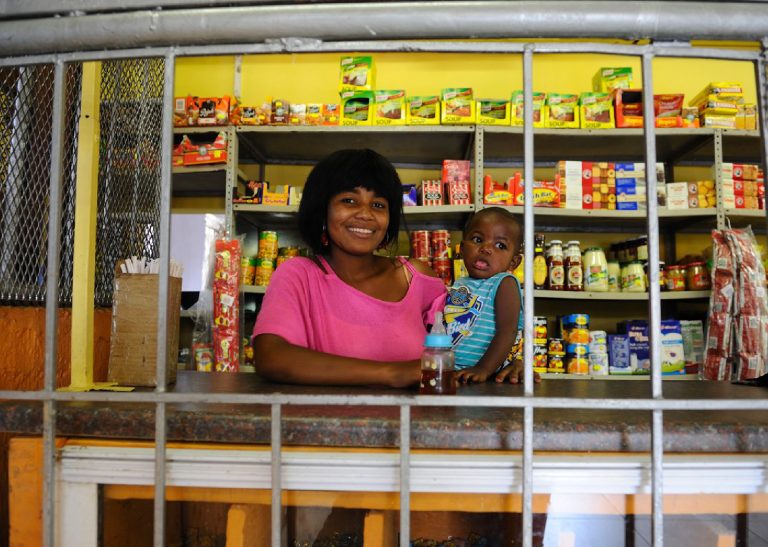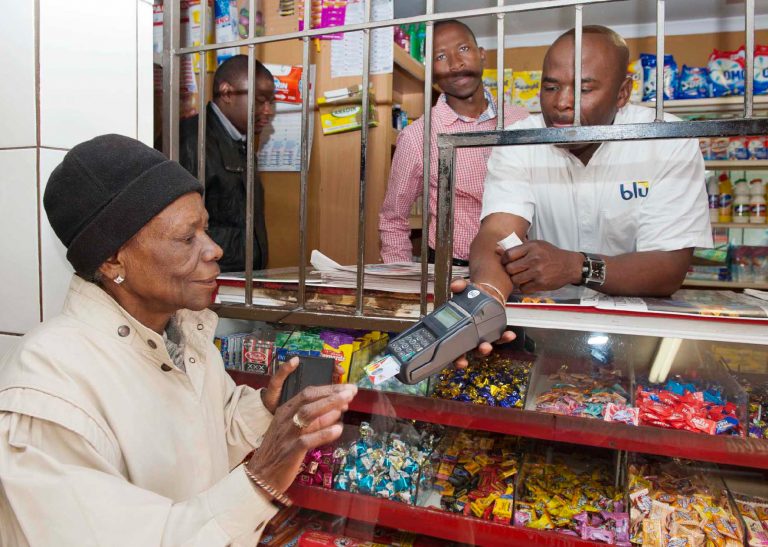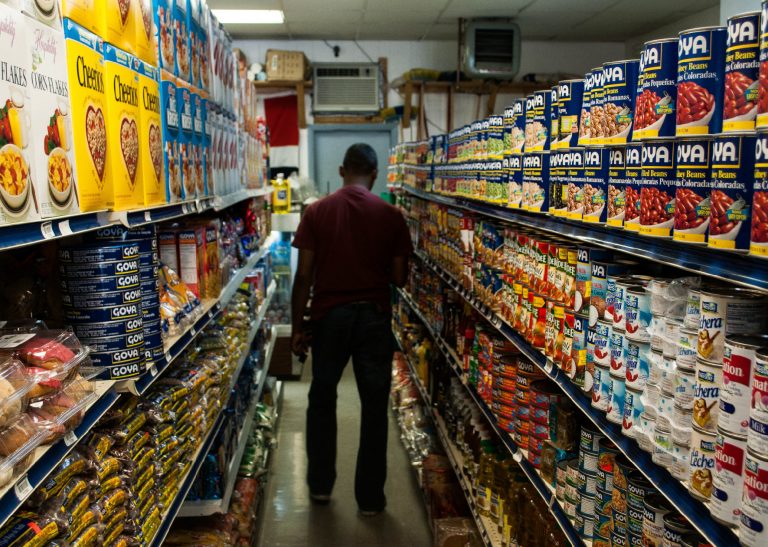THE IMPORTANCE OF
Rural Grocery Stores
(Not Spaza Shops)
Black-owned rural grocery stores have vanished from communities across the nation. These once-vibrant business hubs have given way to the prevalence of spaza shops. This reality is conspicuous throughout the country. Just like various other cherished traditional institutions in rural areas, the local grocery store has been sapped from our communities. Consequently, residents are now compelled to abandon their own neighborhoods and embark on journeys to urban areas to secure their food supplies. This often results in significant expenses due to the substantial distances they must traverse.
A matter of profound concern revolves around the elderly population residing in rural areas. As the younger generations of their families migrate away, their mobility and social support systems dwindle, rendering them increasingly reliant on non-local food sources. To access these sources, they must either drive themselves or arrange transportation. In numerous rural regions across South Africa, these elderly residents are compelled to settle for subpar goods available through the spaza shop model.



The local grocery store is an integral institution of rural communities and in rural life. Not only does the local grocery store provide the sustenance of life, it fills the roles of economic driver, community builder, employer and meeting place.
In 2014, the World Bank underscored the significant role of the informal sector, which is estimated to contribute approximately half of the GDP in developing countries. This sector has evolved into an integral component of most developing nations’ economies and can no longer be disregarded.
In a country like South Africa, the informal sector serves as a gateway to economic empowerment, particularly for historically disadvantaged groups who were excluded from meaningful participation in the formal economic sectors due to the racially biased policies of the apartheid era. This period witnessed the marginalization of black racial groups, denying them access to essential skills, education, and resources necessary for engagement in the formal economy. The barriers to entry into formal economies consequently led to the substantial growth of the informal economy. Among the most prevalent business models in this sector are Spaza Shops, which have become synonymous with the informal sector in South Africa.
Post-apartheid, with the gradual opening of the country’s borders, there has been a notable influx of foreign-owned Spaza Shops, both legally and illegally. Unfortunately, this growth has come at the expense of locally owned businesses.
Moreover, the emergence of corporate chain grocery stores in nearby urban centers, coupled with the improved accessibility due to advances in transportation, has made shopping at larger supermarkets a more attractive option. This has further reduced the customer base and profit margins for small, local stores. In rural South Africa, residents often endure arduous journeys to town on gravel roads, with limited capacity to conduct comprehensive shopping at Spaza Shops. Additionally, the scarcity of employment opportunities in many rural communities compels younger residents to seek work in larger urban areas, often leaving their communities without essential support systems.
The root of this challenge in South Africa lies in the aging ownership of these local stores and the dearth of opportunities for transferring ownership, resulting in communities being left without a nearby store when owners retire or decide to exit the business. Furthermore, the lack of knowledge and information available to rural youth on how to establish their own local grocery stores exacerbates this issue. The situation is particularly dire for rural youth due to the paucity of small business capital, hindering their ability to embark on entrepreneurial ventures in the grocery sector.
Addressing these challenges requires a multi-faceted approach, including fostering youth entrepreneurship, providing financial support, and ensuring access to resources and information. These measures can help preserve the vital role that local stores play in rural communities and sustain the economic livelihoods of their residents.
All of these demographic and economic issues exist in many rural communities of the nation (and most rural communities of the South Africa), leaving a large section of the nation and a large portion of rural South Africa to struggle with questions of how to provide food to a community in ways that benefit that same local community.
At TS Dotyeni Property Group we have committed ourselves to developing business hubs in rural communities. These hubs MUST have within them have large grocery stores for the local community so that people can experience urban shopping in the rural areas. Access to internet facilities, banking and other facilities must become available.
We believe that by developing these spaces we not only create employment opportunities for younger community members, but also ensure that the elderly don’t have to incur additional transportation costs when they need to do grocery shopping.